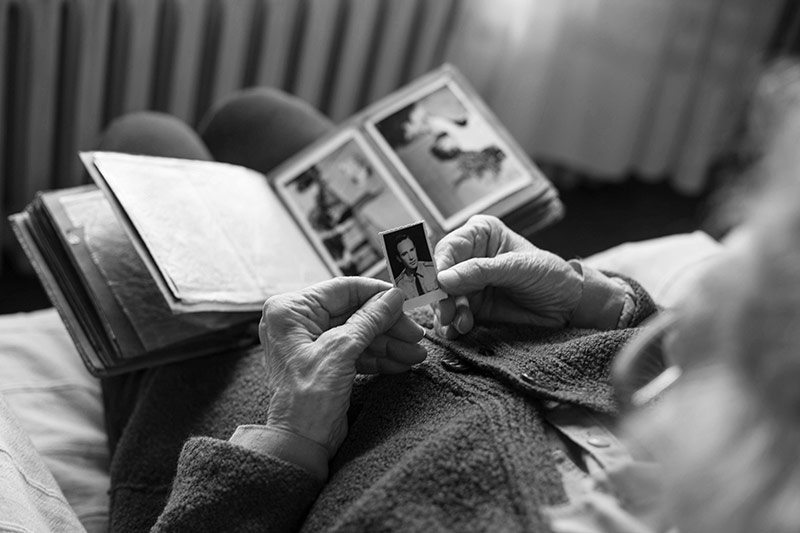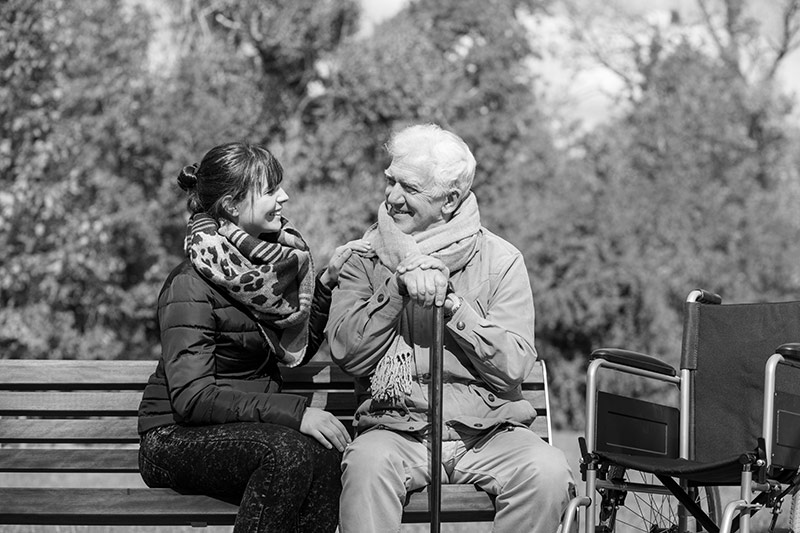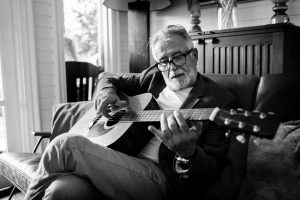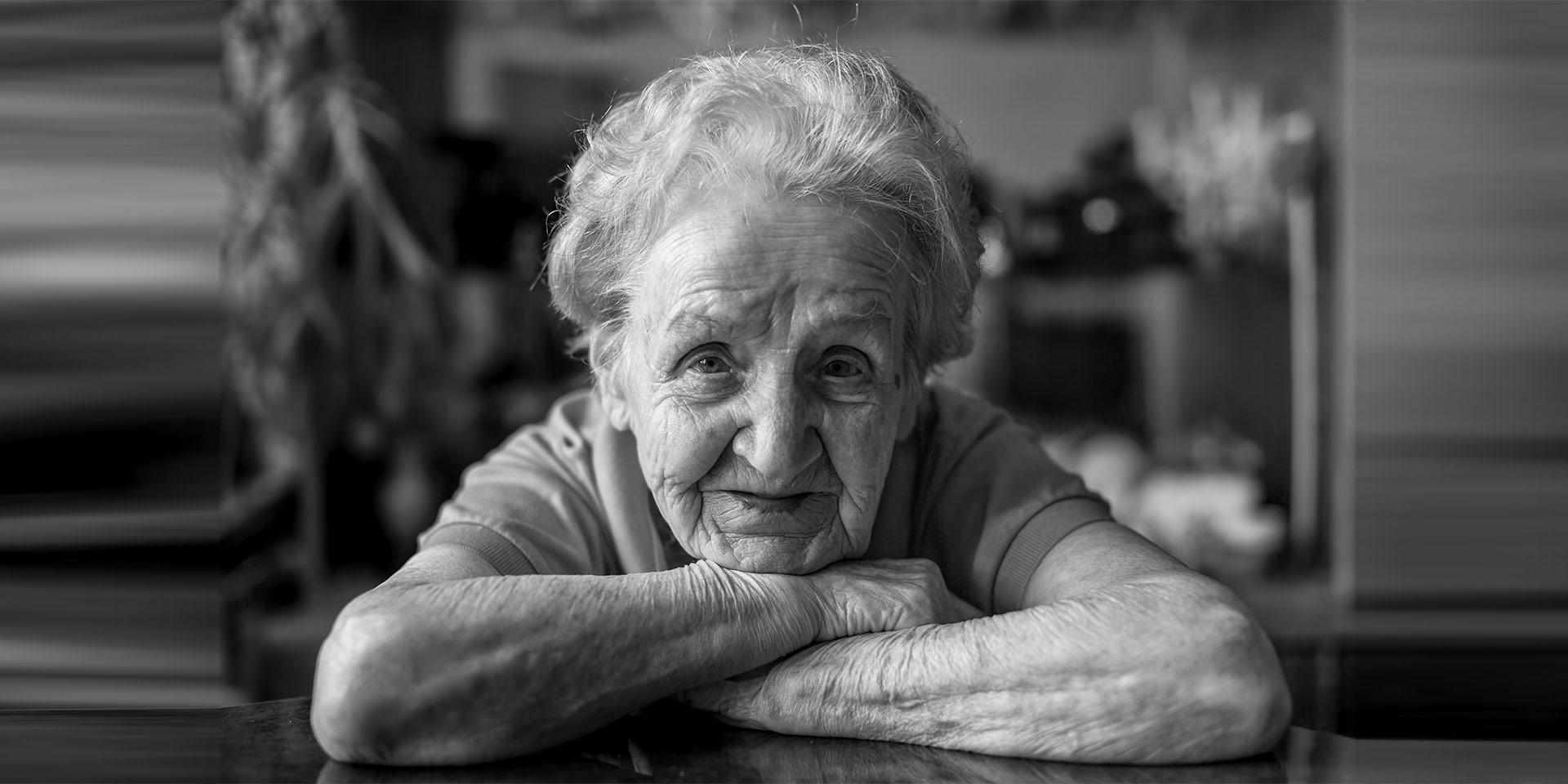“Life seems short.” A seemingly simple phrase—until it comes from someone celebrating their 117th birthday, who has walked paths that stretch across three different centuries.
Misao Okawa was born in 1898. In March 2015, on the eve of turning 117, she expressed her happiness at having lived for more than a century, while her family described her health as remarkable.
And yet, even a hundred years can go by quickly—at least according to the centenarian herself. Especially when those years include turbulent political and military times—the Russo-Japanese War, two world wars—as well as dramatic personal changes. Okawa had married 98 years earlier and had been widowed for nearly 85 of them.
It was a rich and exceptionally long life, though even Misao Okawa couldn’t quite identify the reason behind her extraordinary longevity. Speaking during a televised birthday celebration, she admitted she was surprised herself to have lived so long.
Questions about the source of her longevity and robust health were inevitable. In one interview, she credited her well-functioning body to plenty of sleep and a varied diet—one that included mackerel sushi at least once a month.
And while those eager for a long and healthy old age might be tempted to start making sushi, the truth is that, over time, people who have lived long lives have offered different recipes for a long and vigorous life.
Italian-born Emma Morano, who came remarkably close to reaching the age of 118, believed that her daily ration of two eggs—consumed regularly since World War I, after being diagnosed with anemia in her youth—was the key to her long life.
Jessie Gallan lived to the age of 109, most of those years in good health. She attributed her longevity to a steady diet of porridge and regular exercise. But perhaps just as important, said the well-known Scotswoman, was the fact that she had lived alone, far from marriage and its troubles.
Gertrude Weaver, who died at the age of 116 in Camden, Arkansas, credited kindness as the secret behind her longevity. “Treat people right and be nice to other people the way you want them to be nice to you,” she said in an interview with Time magazine after being named “the world’s oldest woman”.
Not all longevity formulas can—or should—be tested, and some might have unintended consequences. Agnes Fenton, for instance, who lived to the age of 110, claimed her secret was drinking three beers a day, topped off with a shot of scotch.
In our younger years, old age is hardly a concern. But as we slide further down time’s slope, the appeal of a long life grows stronger—even if we’re not aiming to reach a hundred. The idea of a healthy, graceful, and independent old age becomes a kind of modern-day Holy Grail. Still, beyond life’s unpredictable turns, a fulfilling old age isn’t something that can be thrown together at the last minute. Preparing for it inevitably involves adopting a healthy lifestyle early on.

Tell me how you live, and I’ll tell you what kind of old age you’ll have
Healthy aging has its secrets, and psychiatrist George Vaillant explores them in his book Aging Well: Surprising Guideposts to a Happier Life.
As the longtime director (from 1972 to 2004) of the landmark Grant Study—a 75-year longitudinal study on human development—Vaillant identified seven lifestyle indicators at age 50 that can predict physical health and longevity at age 80, as well as the likelihood of reaching that age at all.
The strongest predictor of healthy aging, according to the research, is the absence of smoking. Heavy smokers—defined as those who smoke more than a pack a day for 30 years—are ten times more likely to die prematurely.
Avoiding alcohol abuse was another key indicator of both physical and psychosocial well-being. The Grant Study found that excessive drinking is more often the cause—not the consequence—of stress, depression, and downward social mobility.
Maintaining a healthy weight, having a stable marriage, and engaging in regular physical activity are additional keys to aging well. Like smoking, obesity negatively impacts physical health. In contrast, steady relationships, and consistent exercise strengthen both physical and psychosocial well-being.
Adaptability—how one handles life’s ups and downs with maturity—doesn’t significantly affect a person’s objective physical health. However, it strongly predicts levels of happiness in old age.
Lastly, education level was found to correlate with health in one’s 80s—not because of higher IQ or income, but because better-educated individuals tend to adopt healthier lifestyles.
These seven factors, says Vaillant, allow us to predict how a person will age over the next 30 years. The study shows that enjoying good physical and mental health at age 80 strongly depends on having at least five or six of these protective factors in place by age 50. In contrast, individuals who had fewer than four of these markers were three times more likely not to be alive three decades later.
Still, the list of factors that shield us from the challenges of difficult aging doesn’t stop there. Although life’s hardships and the passage of time may tempt us to turn inward, research suggests we should instead turn toward others—because fulfilling relationships are among the most reliable predictors of a life worth living in old age.
The protective power of strong relationships
Relationships are nothing less than the backbone of our well-being, says Chris Sherwood, CEO of the UK-based charity Relate.
That’s especially true in our later years, adds Professor Robert Waldinger, who emphasises that focusing on relationships is one of the best investments we can make in our future selves.
According to Waldinger, who has led the Grant Study since 2004, strong relationships are better predictors of a long and happy life than fame, wealth, or even genetics. People who reported having solid relationships—whether with family or within their community—at age 50 were more likely to be in excellent health by the time they reached 80.
“Good relationships don’t just protect our bodies, they protect our brains,” says Waldinger, summing up the most important conclusion researchers have drawn from 75 years of data: “Good relationships keep us happier and healthier.”
Conflict-ridden relationships are harmful to health, but a protective effect doesn’t require a perfect relationship that runs like a well-oiled machine, says Professor Waldinger. Even when disagreements arise, couples who know they can count on each other tend to maintain stronger memory function, and in happy relationships, mental well-being remains high—even on days marked by physical pain.
A good old age, Waldinger concludes, is built from the building blocks of good relationships. He recalls Mark Twain’s reflection on the brevity of life: “There isn’t time, so brief is life, for bickerings, apologies, heartburnings, callings to account. There is only time for loving, and but an instant, so to speak, for that.”
And precisely because life is short—and its final chapter often marked by decline—any serious discussion about how we envision and prepare for old age must also take into account the inevitable losses that come with it.

The season of frailty: at home, rather than among strangers
The choice to remain at home—even when mobility and overall health begin to decline—can prove beneficial both for the elderly and for their children, says Lynda Shrager, an occupational therapist with 37 years of experience, including over a decade working with seniors receiving in-home care.
“It’s cheaper to stay in your home, even if you have to make some renovations and get an aide a few days a week to help,” Shrager says. She has even written a book on how to adapt seniors’ homes to meet their specific needs. To avoid a crisis—such as an immobilizing fracture—Shrager encourages adult children to spend time with their aging parents and take note of the changes that could make their lives safer and easier, allowing them to spend their final years in a familiar setting.
Few people dream of spending their last days in a hospital or care facility, even though such outcomes are sometimes unavoidable due to the level of safety and medical treatment required in advanced or painful illnesses. Yet studies—including one conducted by researchers at the University of Cambridge—show that people over the age of 79 who spend their final days at home tend to die more “comfortably” than those who pass away in hospitals.
The study revealed that although only one in ten elderly individuals dies without experiencing physical pain in the final stage of life, many express a strong desire to spend their last moments surrounded by loved ones. According to reports from close relatives, the likelihood of a peaceful and comfortable death is significantly higher at home than in a hospital setting. Nevertheless, only 11% of elderly participants in the study spent their final days at home.
The privilege of caring for aging loved ones
Caring for loved ones as they reach old age is both a challenge and a blessing, says Sarita Gupta in an article published by Forbes. Citing statistics that show more than 10,000 Americans turn 65 every day, along with studies indicating that 90% of them would prefer to receive care at home from someone they know, Gupta argues that we should see it as a gift to have more time than previous generations to spend with our aging family members.
Emphasising the need to rethink and reaffirm the value of caregiving, Gupta quotes former First Lady Rosalynn Carter: “There are only four kinds of people in this world: those who have been caregivers, those who are caregivers, those who will be caregivers and those who will need caregivers.”
Choosing between quantity and quality?
In a 2014 article, oncologist Ezekiel Emanuel argued that he doesn’t want to live beyond the age of 75—and that, in fact, it might be better for everyone if life naturally ended at that point.
It’s a bold statement, one that hasn’t gone over well with either his family or his critics. Yet Emanuel stands by his position, even though he explicitly rules out suicide or euthanasia and admits that, as he nears 75, he might be tempted to push that limit further.
What he’s really questioning is the type and intensity of medical care he plans to accept in his seventies. He wants to avoid what he calls the “American immortal” mindset—an obsession with extending life at any cost, even when it comes at the expense of its quality.
By the time he turns 75, Emanuel says, there would have to be an exceptionally compelling reason to approve any medical test or treatment. Simply prolonging life is not reason enough, he argues. While he is open to palliative care, he does not intend to pursue aggressive curative treatments.
As surprising as this may sound to those who advocate for living as long as possible, Emanuel’s view is far from unique. Many Americans receive intensive medical care at the end of life—care that is not only aggressive but often fails to improve either the quality or length of life, says Dr. Dhruv Khullar, a resident at Massachusetts General Hospital.
“As medical technology advances, there will be more and more we can do—but it’s not always clear there’s more we should do,” says Khullar, arguing that some life-prolonging treatments come at the cost of significant suffering and questionable benefit.
On average, patients visit the doctor’s office 29 times in the last six months of life. In the final month, one-third of Medicare patients are admitted to intensive care, and one in five undergoes surgery—even though more than three-quarters say they would prefer not to be hospitalised in their final days.
Access to palliative care improves quality of life, even when it doesn’t extend it. And honest conversations within families about a patient’s wishes are strong predictors of reduced emotional trauma for loved ones, Dr. Dhruv Khullar concludes. While certain curative treatments may be necessary—or recommended by doctors as part of standard care—the elderly should be fully informed and empowered to decide whether the proposed interventions align with how they wish to spend their remaining time.

A remedy for the fear of growing old
It’s easy to worry about the final stretch of life, when your eyes are fixed on the nearly inevitable list of losses that old age tends to bring.
Of course, the later years can also offer unexpected pleasures and deep satisfactions that were often out of reach during one’s working life—more time with grandchildren, or the chance to fully indulge in long-neglected passions. Yet these joys are unmistakably laced with the realities of decline, limitations, and the narrowing of a path that once seemed endless when viewed from the other end of life.
According to philosopher Sorin Lavric, loss can be transformed into gain only when the focus shifts to a spiritual perspective. Without a “transcendent vault” to anchor us, he argues, “clinging to life after the age of 60 becomes unbecoming.”
How one ages depends largely on the spirit in which this inevitable process is awaited, writer Marina Dumitrescu says. “When a person believes in nothing beyond what can be seen, their safe harbour remains rooted in the 3D world: in their own body, their own work, their reputation, their self-defined standards.” This narcissistic posture, she suggests, makes the relentless passing of time all the harder to bear—when the mirror turns from friend into fierce adversary. And if “a senile Narcissus is unthinkable,” then the fourth dimension opens up in this stage of life: the realisation that it’s not the number of years that defines a life, but the moments—moments that renew us and are themselves renewed as long as we allow ourselves to be reshaped and unlearn the self-sufficient way in which we tend to view life.
Even for Christians, the descent into old age can be difficult, especially in a culture terrified by physical decline, a Christian author says. Yet life remains a gift, even in the season of wrinkles and white hair. While we often assign the highest value to youth, the truth is that God treasures us in every phase of life and offers gifts suited to each one. The greatest of these gifts is the promise from the Ancient of Days: “Even to your old age and gray hairs I am he, I am he who will sustain you. I have made you and I will carry you; I will sustain you and I will rescue you” (Isaiah 46:4).
This is a promise more enduring than our frantic efforts to stop the clock at the hour of youth—one that assures us old age is not a curse we struggle to delay, but a path with a certain destination, walked in the company of the only One who can restore to us youth without aging and life without end.
















